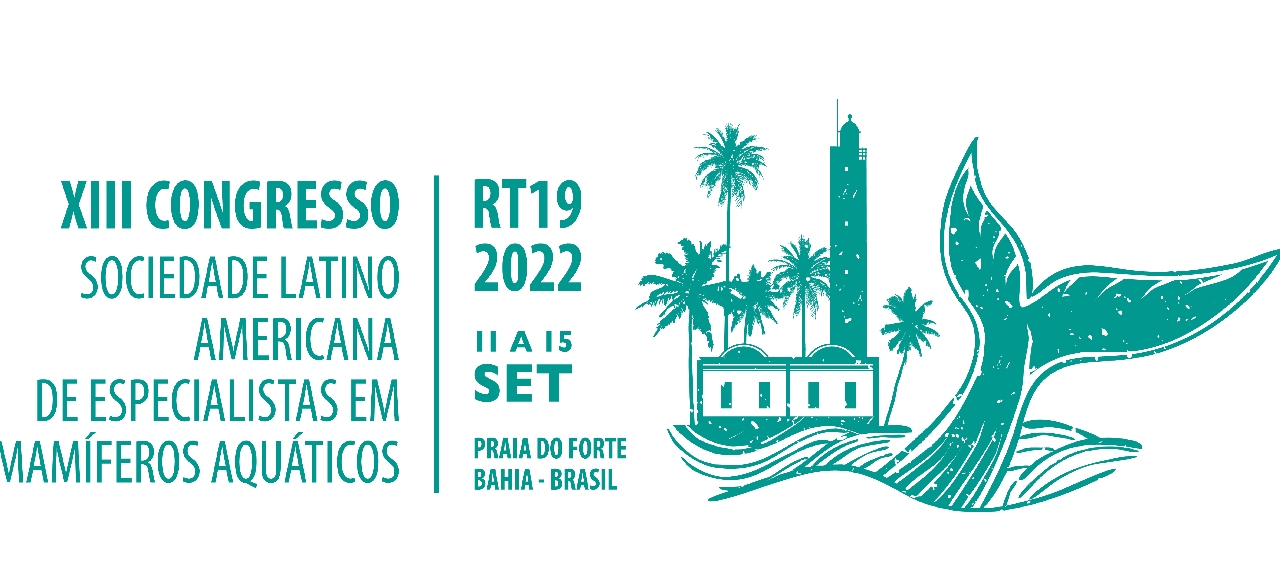O evento bianual “Reunião de Trabalho de Especialistas em Mamíferos Aquáticos da América do Sul”, e “Congresso SOLAMAC (Sociedade Latino Americana de Especialistas em Mamíferos Aquáticos)” constitui o mais importante fórum científico latino-americano sobre a pesquisa e conservação destes animais, considerados como vitais para o equilíbrio da cadeia trófica nos ambientes em que ocorrem. O evento originou-se na década de 80, com o início dos estudos sobre os mamíferos aquáticos na América Latina e a preocupação com a conservação das espécies e dos ambientes em que vivem. A última RT ocorreu em Lima, Peru, no início de novembro de 2018. Em plenária final da SOLAMAC, foi eleita a candidatura do Nordeste do Brasil, mais especificamente da Bahia, para a realização da próxima conferência.
